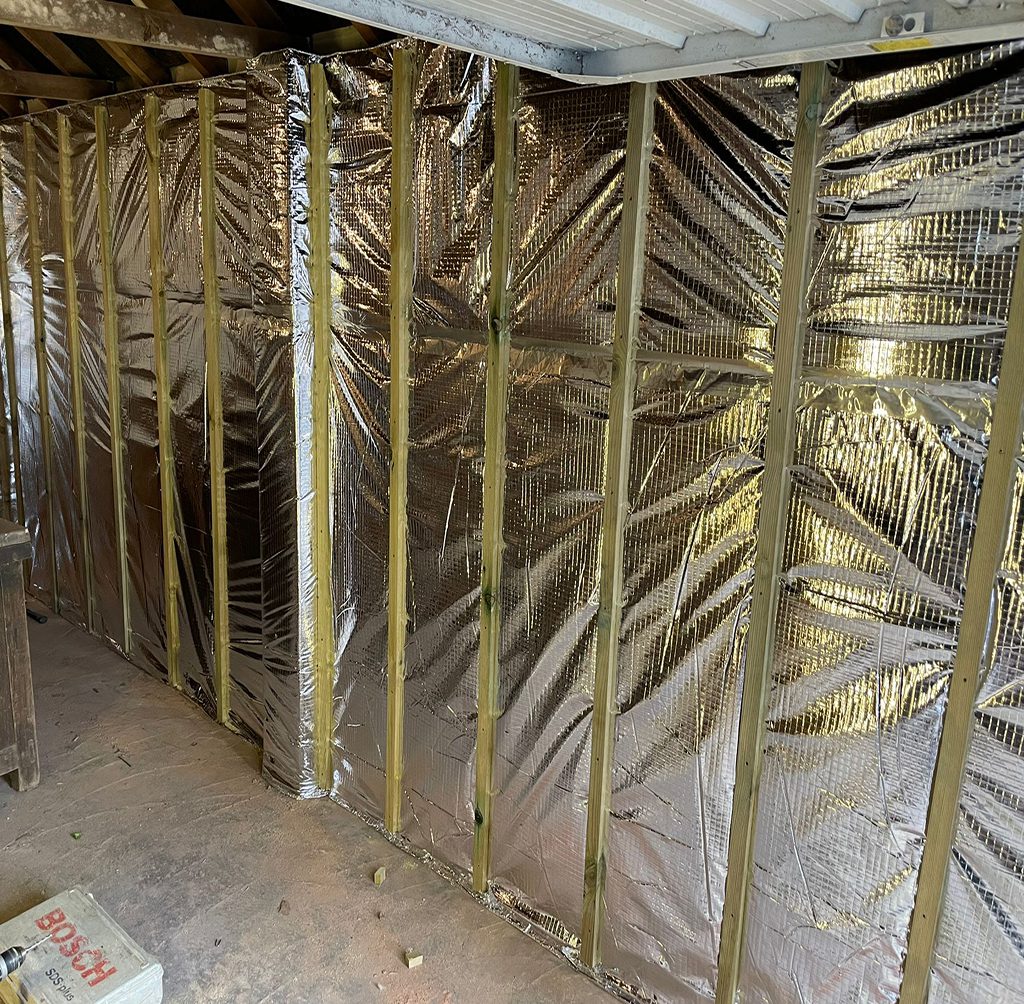Exploring the Fireproof Properties of Rigid Insulation: A Comprehensive Analysis

Rigid insulation is a widely used material in various industries, known for its excellent thermal performance and energy efficiency. However, one crucial question that often arises is whether rigid insulation is fireproof. In this blog post, we will delve into the fireproof properties of rigid insulation, providing a comprehensive analysis backed by scientific research and industry standards.
- Understanding Rigid Insulation:
Before exploring its fireproof properties, let's first understand what rigid insulation is. Rigid insulation is a type of insulation material that is typically made from foam boards or panels. It is commonly used in construction, HVAC systems, and industrial applications to reduce heat transfer and improve energy efficiency. - Fire Resistance Testing:
To determine the fireproof nature of rigid insulation, it undergoes rigorous fire resistance testing. These tests evaluate the material's ability to withstand fire, prevent flame spread, and limit the release of toxic gases. The most common fire resistance tests include the ASTM E84 and ASTM E119 standards, which measure flame spread and fire endurance, respectively. - Fire Ratings and Codes:
Rigid insulation products are assigned fire ratings based on their performance during fire resistance testing. These ratings help architects, builders, and code officials select the appropriate insulation materials for specific applications. The most commonly used fire ratings are Class A, B, and C, with Class A being the highest level of fire resistance. - Fireproof Properties of Rigid Insulation:
Rigid insulation materials, such as extruded polystyrene (XPS) and polyisocyanurate (PIR), exhibit inherent fire-resistant properties. They have a high ignition temperature and low flame spread characteristics, making them suitable for applications where fire safety is a concern. Additionally, rigid insulation can act as a barrier, preventing the spread of fire and reducing the risk of structural damage. - Fireproof Applications:
Due to its fireproof properties, rigid insulation finds extensive use in various applications. It is commonly used in commercial buildings, residential construction, cold storage facilities, and industrial settings where fire safety is of utmost importance. Rigid insulation not only provides thermal insulation but also enhances the overall fire resistance of the structure. - Best Practices for Fireproofing:
While rigid insulation itself is fire-resistant, it is crucial to follow best practices to ensure optimal fireproofing. This includes proper installation techniques, using fire-rated assemblies, and complying with local building codes and regulations. Regular inspections and maintenance are also essential to uphold the fireproof integrity of the insulation system.
Conclusion:
In conclusion, rigid insulation possesses excellent fireproof properties, making it a reliable choice for various industries. Its ability to withstand fire, limit flame spread, and reduce the release of toxic gases contributes to overall fire safety in buildings and structures. By understanding the fire ratings, testing standards, and best practices, professionals can confidently incorporate rigid insulation into their projects, ensuring both energy efficiency and fire protection.
